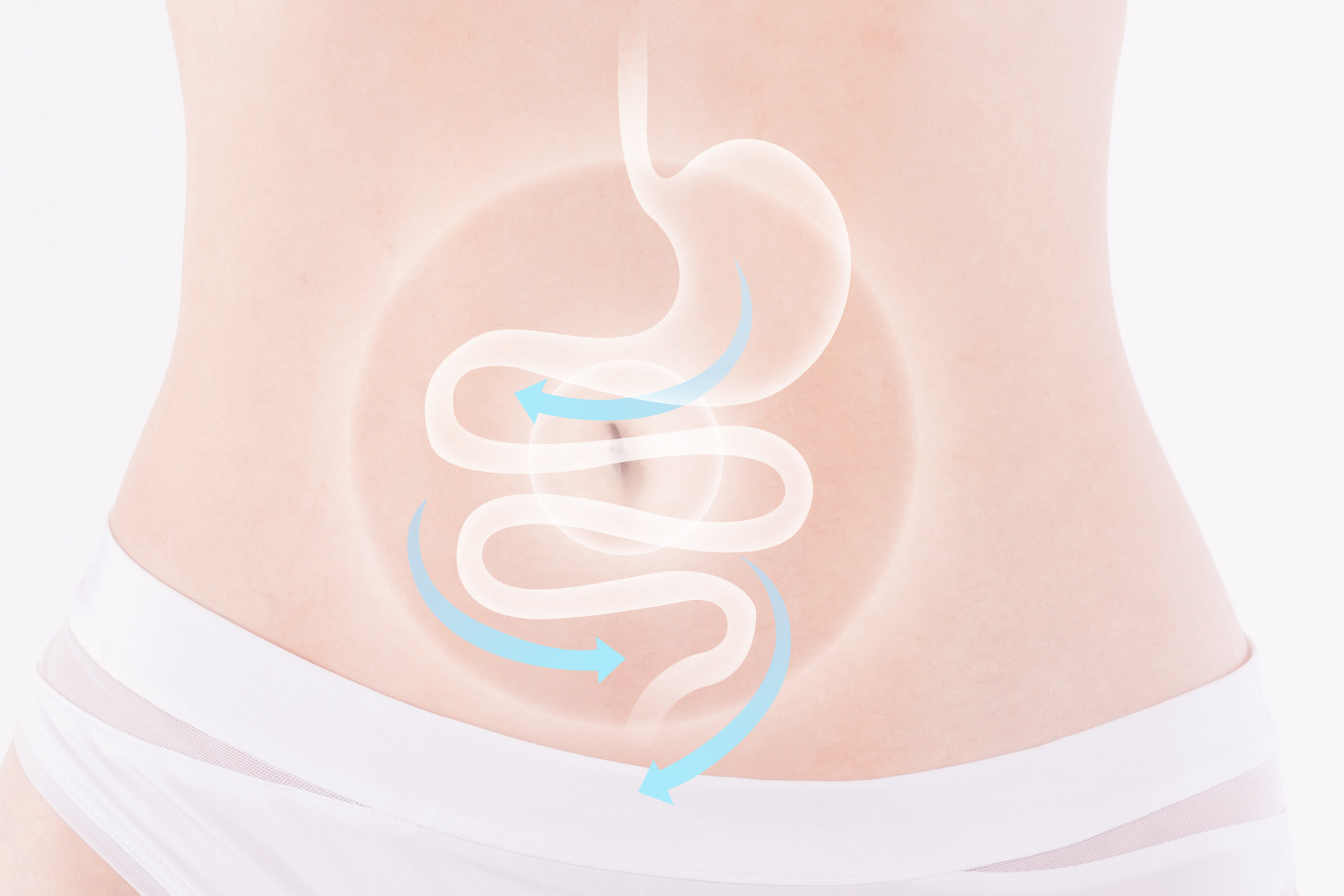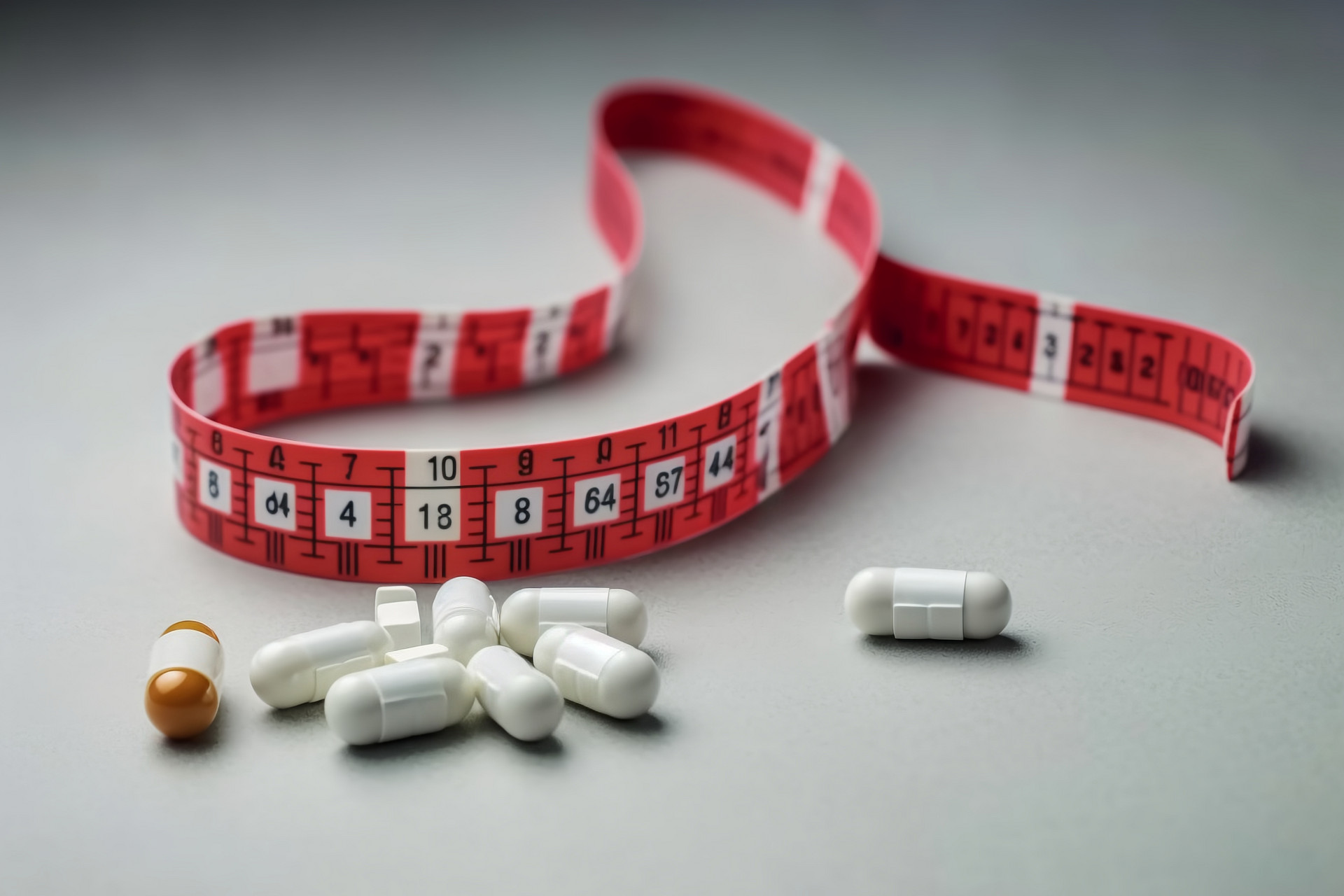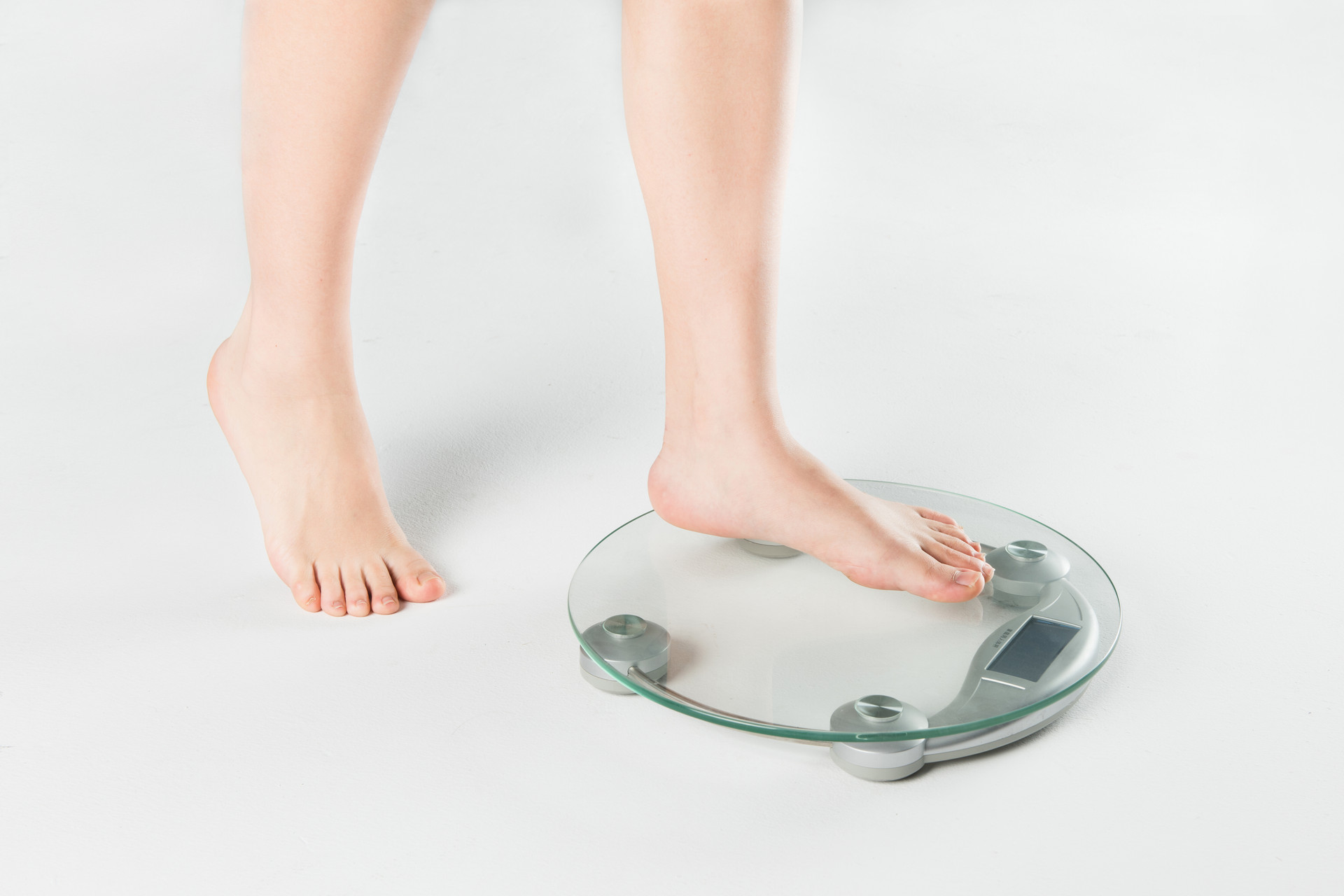The spleen is the source of phlegm production, while the lungs store phlegm. The weakness of the spleen prevents the timely transformation of food and fluids, resulting in the accumulation and solidification of phlegm. The spleen is responsible for transporting nutrients to the lungs. When the spleen is weak, the phlegm is also transported to the lungs along with the nutrients. As the phlegm accumulates in the lungs, we will feel it and instinctively cough to expel the phlegm. However, this does not solve the problem fundamentally. If the spleen and stomach are weak, phlegm will continue to be produced, and even if you keep coughing, you will not be able to completely expel all the phlegm. It's like if the water upstream is not clean, there won't be clean water downstream to drink.
The combination of phlegm and water that has not yet solidified is called dampness. Dampness can move through the body along with qi. If the dampness stays in the liver, it can lead to fatty liver. If it accumulates in the waist, it can cause a pot belly or a barrel waist. If it overflows into the skin and muscles, the muscles will be filled with fluid, and the face and limbs will become swollen. Therefore, people with severe dampness often appear overweight. In addition, the spread of dampness can also cause irregular menstruation, increased vaginal discharge, lower back pain, headache, cervical spondylosis, and other symptoms. Therefore, there is a saying in Chinese medicine that "all diseases are caused by phlegm."
To invigorate the spleen and transform dampness, flower tea is a good choice.
How can we resolve internal dampness? Since the spleen is the source of phlegm production, we need to start with the spleen. Let me introduce you to a flower tea that invigorates the spleen - white hyacinth bean flower and tangerine peel tea.
Buy an appropriate amount of white hyacinth bean flower, tangerine peel, and white poria from a Chinese medicine store. If you have white hyacinth bean in your garden, you can pick the flowers before they fully open and sun-dry them. Grind the white hyacinth bean flower, tangerine peel, and poria into a powder. Take about 10 grams of the powder with a spoon, put it into a teacup, pour hot water over it, let it steep for 5 minutes, and then drink it as a substitute for tea, adjusting the concentration according to your taste.
White hyacinth bean flower enters the spleen, stomach, and large intestine meridians, and is a rare medicine that invigorates the spleen in a variety of flowers. According to "Sichuan Materia Medica", white hyacinth bean flower can "harmonize the stomach, invigorate the spleen, and clear heat and dampness. It is used for relieving summer heat and dizziness, damp stagnation in the middle burner, diarrhea with pus and blood, summer diarrhea, and excessive white vaginal discharge."
As for tangerine peel, many people are familiar with it. When making soup or cooking, many people like to add a few pieces of tangerine peel, which not only removes greasiness and fishy odor but also makes the soup taste sweeter and fresher, giving it a unique color, fragrance, and taste.
As the name suggests, tangerine peel is the peel of citrus fruits that has been stored for a long time. Most of the time, it is made from mandarin orange peels, and the ones produced in winter are of the highest quality. After a long period of air drying, the citrus peels become dried goods, which are called tangerine peel. The longer they are stored, the better the effect.
Don't underestimate this small tangerine peel. In addition to its versatile use in cooking, it can also be used as a medicinal herb. According to "Compendium of Materia Medica", tangerine peel has the ability to treat various diseases by regulating qi, drying dampness, and transforming phlegm. It can both tonify and purge, ascend and descend, depending on the combination with other herbs. The spleen is the mother of innate qi, and the lungs are the instrument of acquired qi. Therefore, tangerine peel is a medicine for the two meridians of qi, but it can also tonify, purge, ascend, and descend according to the combination. Tangerine peel has a pungent and bitter taste and warm nature. It enters the lungs and spleen meridians and has the functions of regulating qi, invigorating the spleen, drying dampness, and transforming phlegm. It is suitable for symptoms such as indigestion, abdominal distension, and excessive coughing with phlegm. Therefore, tangerine peel is widely used in the regulation of the spleen and stomach and in the preparation of Chinese patent medicines. The main ingredients of the ancient formulas "Er Chen Tang" and "Chen Pi Ban Xia Tang" are tangerine peel. It is an excellent medicine for regulating qi, invigorating the spleen, drying dampness, and transforming phlegm.
Modern medical research has also found that tangerine peel contains a large amount of volatile oil, which has a mild stimulating effect on the gastrointestinal tract. It can promote the secretion of digestive juices, eliminate stagnant gas in the intestines, increase appetite, and make it easier to cough up phlegm.
In the autumn and winter seasons, the elderly are prone to coughing, wheezing, and excessive phlegm. At this time, it is recommended to use tangerine peel to make tea or drink tangerine peel soup, which has a good effect on resolving phlegm and stopping coughing.
Chinese medicine believes that "tangerine peel disperses wind, bitterness dries dampness, warmth tonifies, and harmony and it is a medicine for the spleen and lung meridians, regulating the middle burner quickly, resolving stagnation, clearing phlegm, promoting water circulation, and reducing swelling and pain. It has the ability to treat various diseases. Tangerine peel should be aged, and fresh peel should not be used."
White poria is a good medicine for invigorating the spleen and nourishing the stomach. According to traditional Chinese medicine, it can invigorate the spleen and stomach, promote diuresis, eliminate dampness, calm the mind, and soothe the spirit. Its effect of invigorating the spleen is particularly prominent. The spleen and stomach are the foundation of acquired constitution, and the normal function of the spleen and stomach largely determines a person's physical condition. White poria has the function of invigorating the spleen. When the spleen and stomach are strong, the body naturally becomes healthier. Empress Dowager Cixi often consumed white poria as a food for strengthening the body and prolonging life, which speaks for its effectiveness. People with a damp constitution have difficulty digesting water and dampness due to weak spleen and stomach function, resulting in the formation of phlegm and dampness. Taking white poria can invigorate the spleen, promote diuresis, eliminate dampness, and help resolve water dampness and eliminate phlegm. Moreover, white poria "nourishes the spleen without causing stomach problems and promotes diuresis without damaging the body fluids." It can be consumed for a long time.
This flower tea has a very good effect on resolving dampness and transforming phlegm. However, the tangerine peel in the tea tends to be warm and dry, so it is not suitable for those with qi deficiency, dry cough, or yin deficiency constitution. Patients who are taking other medications should consult a doctor before consuming it to avoid any interference with the effectiveness of the medication.
Of course, weak spleen and stomach are not without cause. It is often caused by excessive consumption of greasy and rich foods. Therefore, to protect the spleen and stomach, it is best to eat less of such foods.












